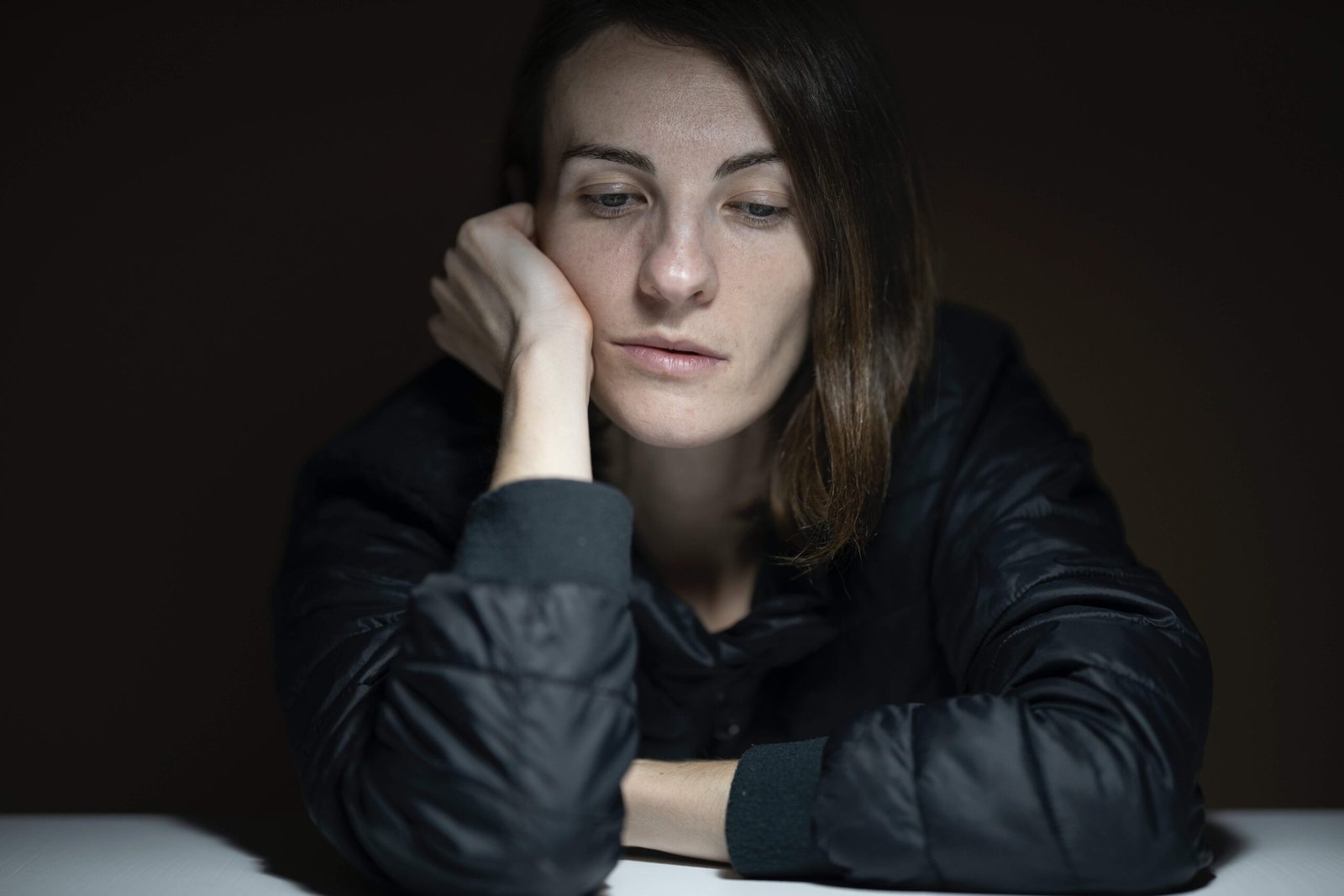Hello and Welcome to the Topic “How To Eliminate Anxiety.”
Anxiety is a natural response to danger, but for some people, it becomes a crippling fear that prevents them from living everyday lives. For these people, anxiety can be eliminated with the help of therapy and medication.
For example, cognitive Behavioral Therapy (CBT) is a type of therapy that helps people identify and change inaccurate thinking patterns, as well as learn to cope with difficult situations.
Other types of therapy, such as exposure-based therapies, may also be used to help reduce symptoms associated with anxiety.
What is anxiety, and what are the symptoms?
Anxiety is a feeling of fear, worry, and uneasiness, often about something with an uncertain outcome. It’s a normal emotion that everyone experiences from time to time. However, if anxiety becomes intense and lasts over months or years, it may be a sign of an anxiety disorder.
Symptoms associated with anxiety include;
- Restlessness
- Fatigue
- Difficulty concentrating
- Irritability
- Muscle tension
- Difficulty sleeping.
Identify the sources of your anxiety.
To eliminate anxiety, it is essential to identify the sources of your anxiety and find ways to manage and reduce them. Familiar sources of anxiety include stress at work, school or family pressures, health concerns, and financial worries.
Once you have identified the source of your anxiety, you can start working on strategies to help you cope with the situation effectively.
Develop healthy coping strategies:
Once the sources of your anxiety have been identified, it is essential to develop healthy coping strategies to help you manage and reduce your anxiety levels.
Some examples include practicing mindfulness or deep breathing techniques, engaging in physical activity, talking to a friend or family member about what you’re going through, and setting daily goals that are achievable and realistic.
Seek professional help
Suppose anxiety is still a problem despite trying to manage it alone. In that case, it is essential to seek the advice of a qualified mental health professional who can provide specialized support and treatment. With the right tools and resources, eliminating anxiety can be possible.
What are the different types of anxiety disorders?

Anxiety disorders can be divided into several categories, including;
- Generalized Anxiety Disorder
- Panic Disorder, and Phobias.
Generalized Anxiety Disorder (GAD)
It is characterized by excessive worrying that interferes with the ability to function in daily activities.
Panic disorder is characterized.
By sudden and unexpected episodes of intense fear accompanied by physical symptoms such as heart palpitations, sweating, and trembling.
Eliminate anxiety
Regain control of your life by developing healthy coping strategies and getting help from a professional. Remember, you don’t have to suffer in silence.
Causes of Anxiety
The exact cause of anxiety is unknown, but certain factors may play a role. These include genetics, environmental stressors, and traumatic events.
Treatment for Anxiety
Treatment for anxiety usually involves a combination of medication, therapy, and lifestyle changes. Medication can reduce symptoms such as panic attacks and racing thoughts.
Therapy, such as Cognitive Behavioral Therapy (CBT), can help people identify and change inaccurate thinking patterns and learn to cope with difficult situations.
Living with Anxiety
Although anxiety is a common emotion that everyone experiences occasionally, it can be disabling if it becomes too intense and lasts over months or years.
Therefore, it is essential to seek help from a professional if you are experiencing symptoms of an anxiety disorder.
How to eliminate anxiety using different methods?
The good news is that several effective treatments are available to reduce anxiety symptoms, including medication and therapy.
Medication
Medication typically prescribed for anxiety includes antidepressants and anti-anxiety drugs such as benzodiazepines.
Therapy
Therapy options may include cognitive behavioral therapy, exposure therapy, and mindfulness.
The most important thing to remember regarding eliminating anxiety is that it can be done.
With the right combination of medication, therapy, and lifestyle changes, you can take control of your anxiety and live a life without fear or worry.
The benefits of eliminating anxiety
Eliminating anxiety can improve your quality of life in many ways. It can allow you to take back control of your life and make decisions without fear or worry.
It can also reduce physical symptoms such as fatigue, muscle tension, and difficulty sleeping.
- It can help you have better relationships with other people by reducing feelings of irritability and restlessness.
- It can help you feel more relaxed and in control of your life, allowing you to enjoy activities that previously made you anxious.
How to maintain your progress in eliminating anxiety?

Developing healthy habits that can help you maintain your progress in eliminating anxiety is essential. These include;
- Regular exercise
- Getting enough sleep
- Eating a healthy diet
- Practicing relaxation techniques such as deep breathing and mindfulness meditation
- Connecting with supportive people, such as friends and family
- Doing activities that bring joy and meaning
- Focusing on the present moment.
- Finding professional help if needed
- Learning coping strategies to manage complicated feelings or stressful situations
Conclusion:
Anxiety can be a debilitating disorder, but there is hope. With the right combination of medication, therapy, and lifestyle changes, you can take control of your anxiety and live a life without fear or worry.
It’s essential to develop healthy habits to maintain progress in eliminating anxiety, such as exercising regularly, getting enough sleep, eating a well-balanced diet, and practicing relaxation techniques.
FAQs:
1. Exercise
2. Practice relaxation techniques such as deep breathing and mindfulness meditation
3. Get enough sleep
4. Eat a healthy diet
5. Connect with supportive people, such as friends and family.
Questions to ask yourself to understand your anxiety better can include:
1. What happens before I start feeling anxious?
2. What triggers my anxiety?
3. What are some physical symptoms I experience when I am anxious?
People typically cope with anxiety in different ways depending on the severity and frequency of their symptoms.
How to Eliminate Anxiety: Tips and Techniques to Ease Your Mind





